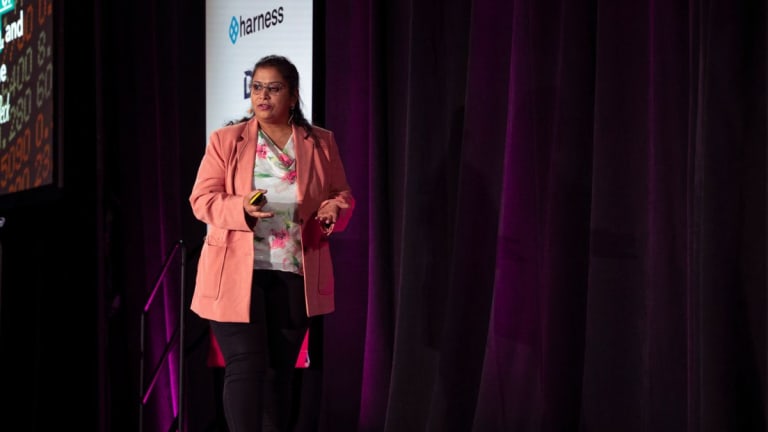Register or log in to access this video
More like this
Change is a challenge!!!
Especially for a leader, driving an aspiring change, it can be extremely elusive if the target of the change is legacy software riddled with technical debt.
To spice it up further, throw in some emotional attachment to code, immunity to change and a large dose of scepticism, you have the perfect recipe for disaster, if you don’t have the right toolkit.
In a multi-disciplinary durable team, working on complex software transformation to build innovative solutions will create a lot of cognitive friction due to varied skillsets and experiences. Emotional dominance can severely inhibit organic innovation and growth for any business.
Have your ideas ever been considered a threat to other’s professional identities?
In this case, we become our own blockers and progress is impasse. Interested to hear about what we did to break the logjam? Join me for a case study of one such emotionally turbulent digital transformation journey and learn about:
- How we pulled ourselves out of the trenches to complete the transformation.
- Strategies used to understand the reason for the complex emotions.
- Tools I wish I had much earlier in the process. 4. Biases identified and addressed





